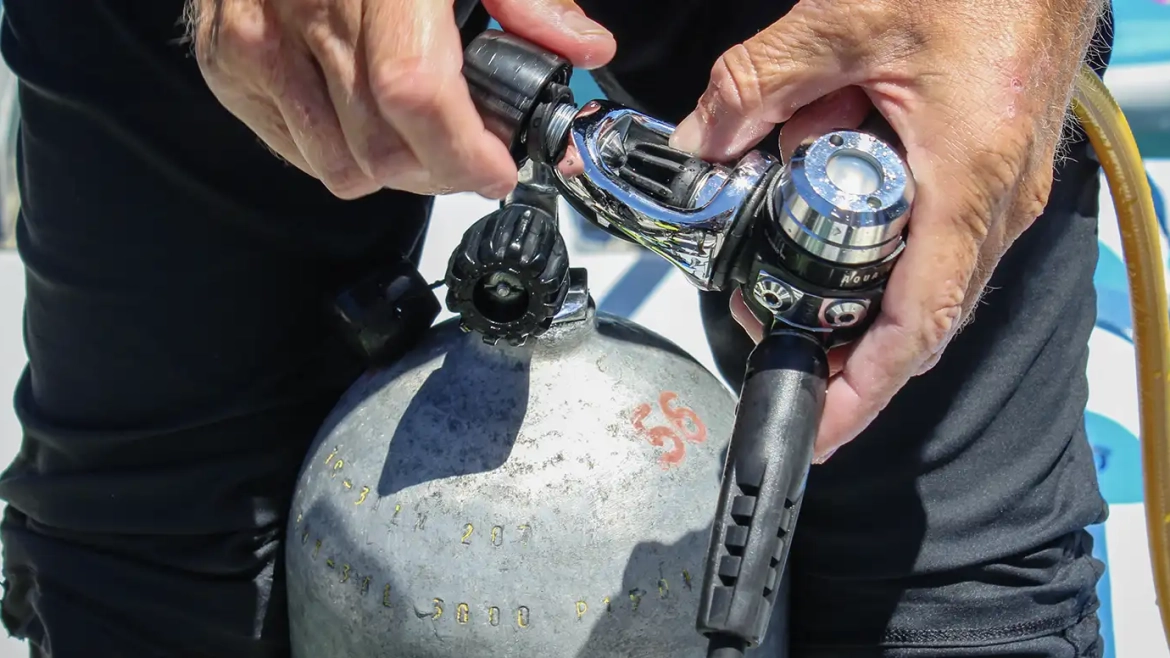Are you looking for the best place to get your scuba diving certification? Costa Rica should be at the top of your list.
But with so many courses available, finding the right one can be challenging. At Bill Beard’s Costa Rica, we understand this.
That’s why we’ve created this guide. As expert divers, we want to share our knowledge and expertise with you, ensuring you have an excellent scuba diving certification experience.
With our help, you’ll be more confident when choosing the right training program and learn more about the requirements for your scuba dive certification course.
Why Get Certified in Costa Rica?
Costa Rica is one of the premier destinations in the world for scuba diving because of its unique underwater world. The country’s warm tropical waters make every dive pleasant year-round, regardless of the season you come here.
Furthermore, Costa Rica has numerous dive sites along the Pacific and Caribbean coasts, where you’ll encounter a wide variety of marine life, including schools of fish, manta rays, dolphins, and sea turtles. The underwater landscape is stunning, with hard and soft coral reefs, volcanic formations, and dramatic topography.
Lastly, you’ll find a wide range of courses available. Divers of all levels can find the perfect training, and multiple well-equipped dive centers provide professional guidance and top-notch facilities for a smooth certification process.
Types of Certification Programs Available in Costa Rica
Check out some of the certification courses for diving in Costa Rica:
PADI® Scuba Diver
If you don’t have much time but still want to earn an official certification, consider enrolling in this course, which lasts approximately two days.
This course is the perfect introduction to scuba diving in a controlled environment, such as a pool or calm water setting. You’ll learn basic scuba diving skills and how to use all the necessary scuba gear, guided by a highly trained PADI® instructor.
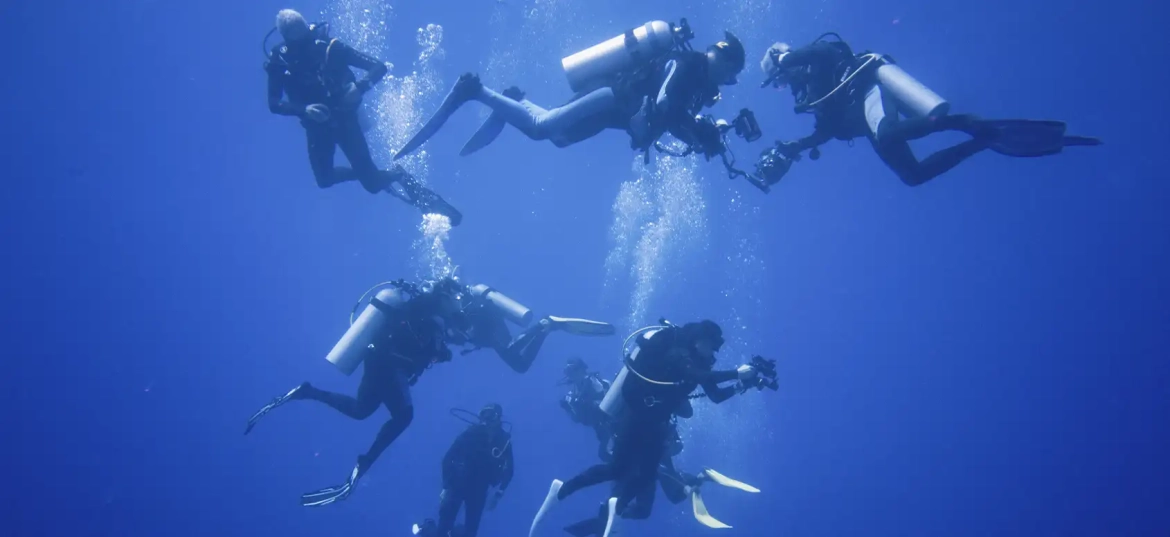
PADI® Open Water Diver
This course is a recognized dive certification where you’ll learn how to assemble and use scuba diving gear, manage buoyancy, interact with marine life respectfully, and handle common diving challenges under the guidance of a highly trained PADI® Instructor. Keep in mind that the PADI open water course can take up to 4 days to complete.
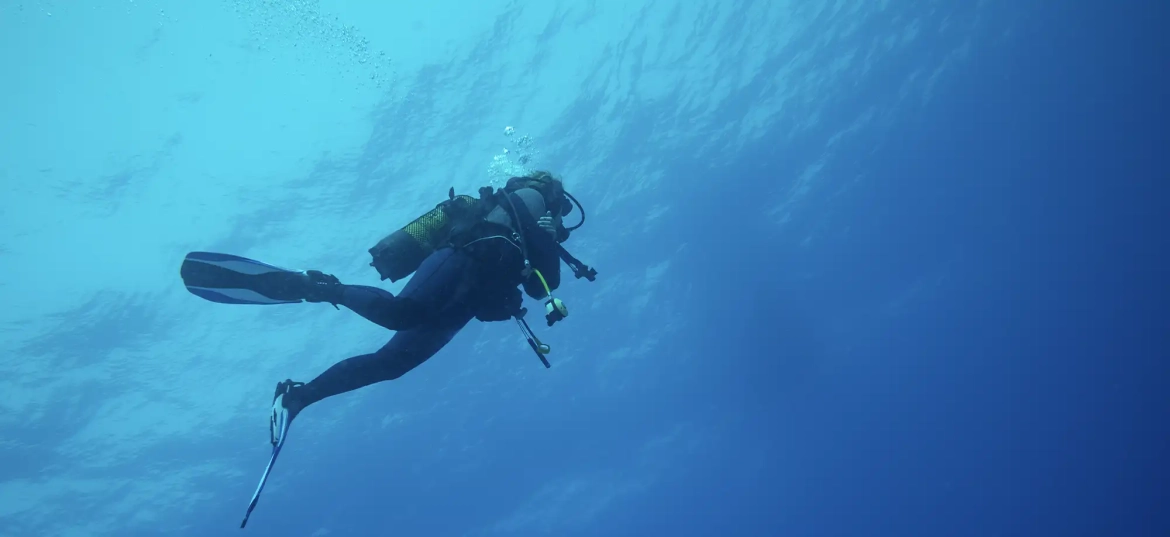
PADI Advanced Open Water Diver
This course allows you to explore the underwater world and tackle challenges like diving at greater depths with a maximum depth of 30 meters (100 feet). You’ll get to choose from various Adventure Dives based on your interests, such as fish identification, buoyancy control, or wreck diving.
Moreover, it includes two required dives, Deep and Underwater Navigation, plus the flexibility to pick three more. The course ends with an assessment dive to familiarize yourself with the Costa Rican waters, followed by your first adventure dive.
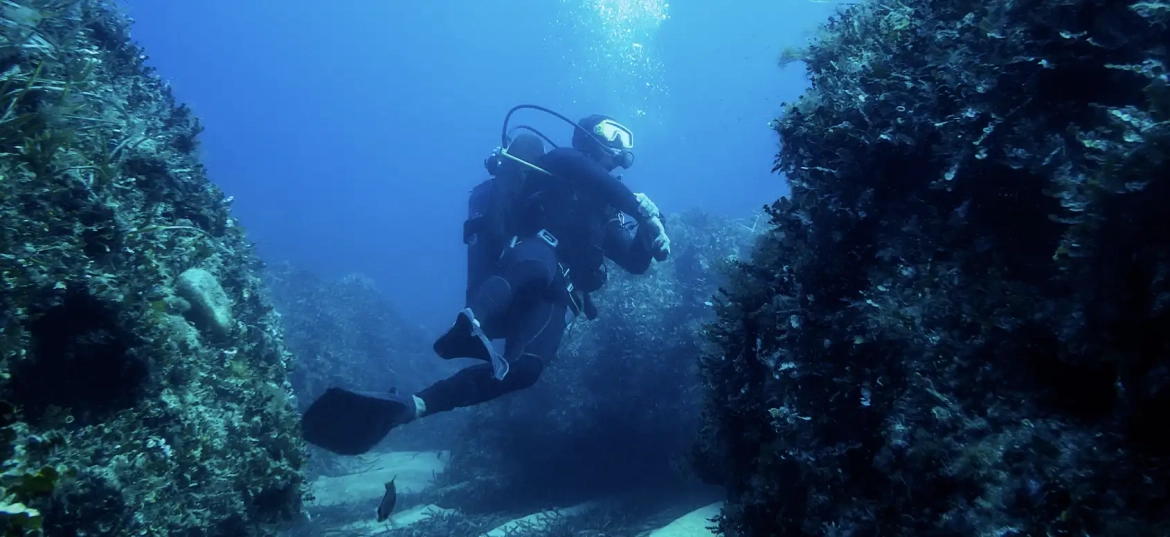
Reactivate 1 (one year without diving)
Designed for certified divers who have been out of the water for up to a year, Reactivate 1 offers a quick refresher led by a PADI® professional.
With a thorough review of basic scuba skills, equipment assembly in a confined water environment, personalized instruction, and one pool dive session, you’ll swiftly regain your diving proficiency and confidence.
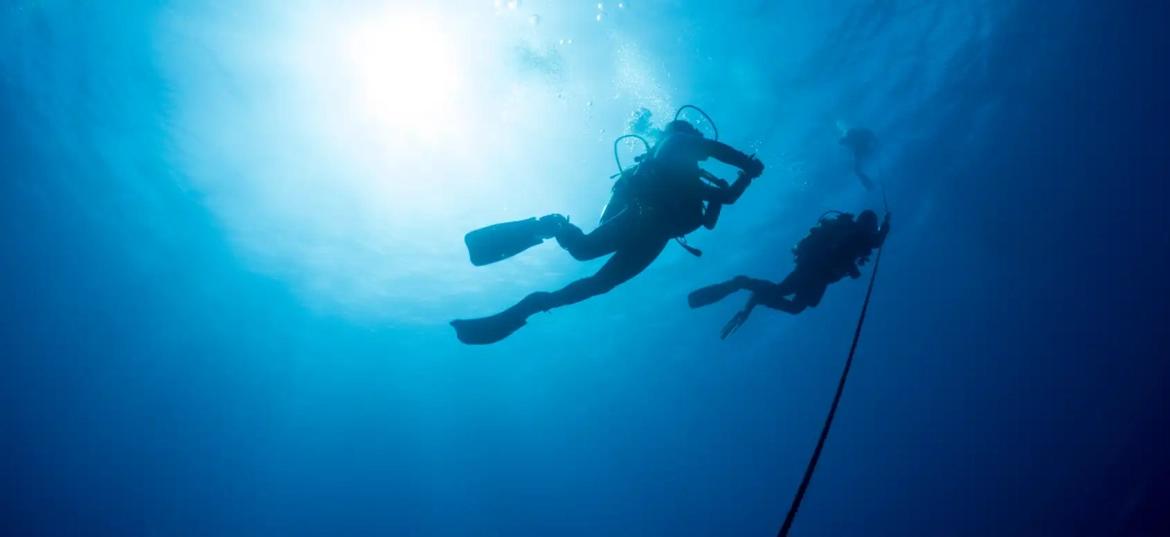
Reactivate 2 (two years without diving)
Reactivate 2 is ideal for certified divers who haven’t dived in over two years. Led by a dive instructor, this comprehensive refresher covers essential dive safety concepts, gear assembly, pre-dive checks, and buoyancy control.
With a quiz, skill review, and one pool dive, you’ll regain confidence and readiness for diving after an extended break.
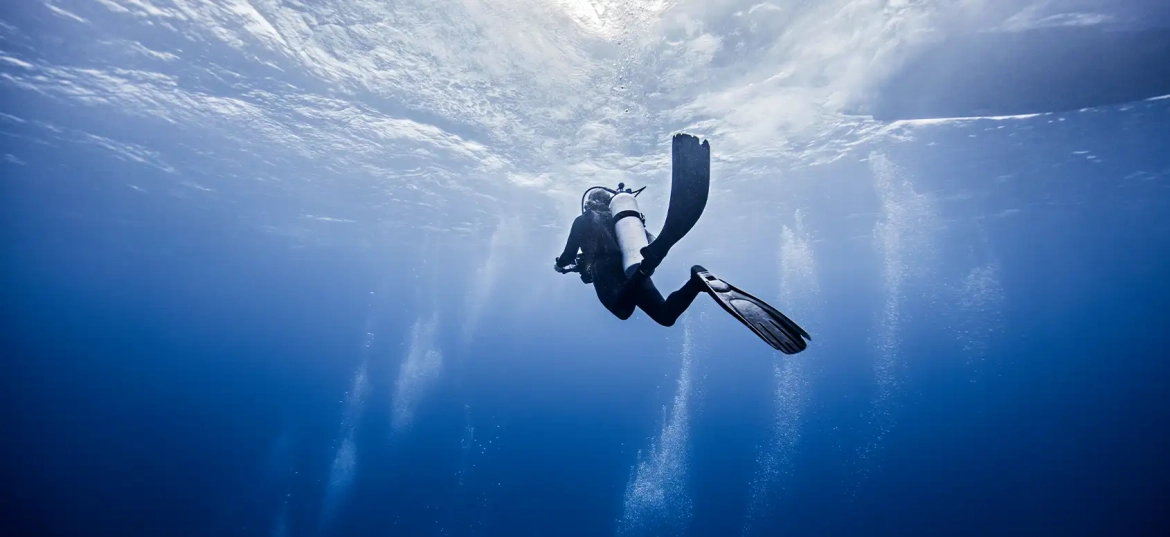
How to Choose the Right Scuba Certification Course
Before choosing your scuba certification course, you must keep the following in mind:
Consider your skill level
Before enrolling in a scuba certification course, assessing your skill level is vital to ensure you choose the right program. For beginner divers, introductory courses like PADI® Discover Scuba Diving is the best option because it offers a safe and enjoyable diving experience.
Furthermore, advanced divers looking to expand their skills can opt for courses like the Advanced Open Water Diver program.
Consider how it matches your long-term diving goals
Assess how well a course aligns with your long-term diving aspirations, whether those are exploring coral reefs, mastering wreck dives, or leading others underwater. If you are more aligned with the latter one, we recommend the PADI® Rescue Diver course.
Verify the agency’s credibility and reputation
Look for well-established, globally recognized organizations, as their certifications are more likely to be respected and accepted at diving destinations around the world. Also, the agency’s focus on diver safety, environmental conservation, and adherence to industry standards should be evaluated.
Consider the costs
Course fees can vary significantly depending on the agency, location, and level of certification. Make sure to factor in additional expenses such as equipment rental, travel, accommodation, and any required study materials.
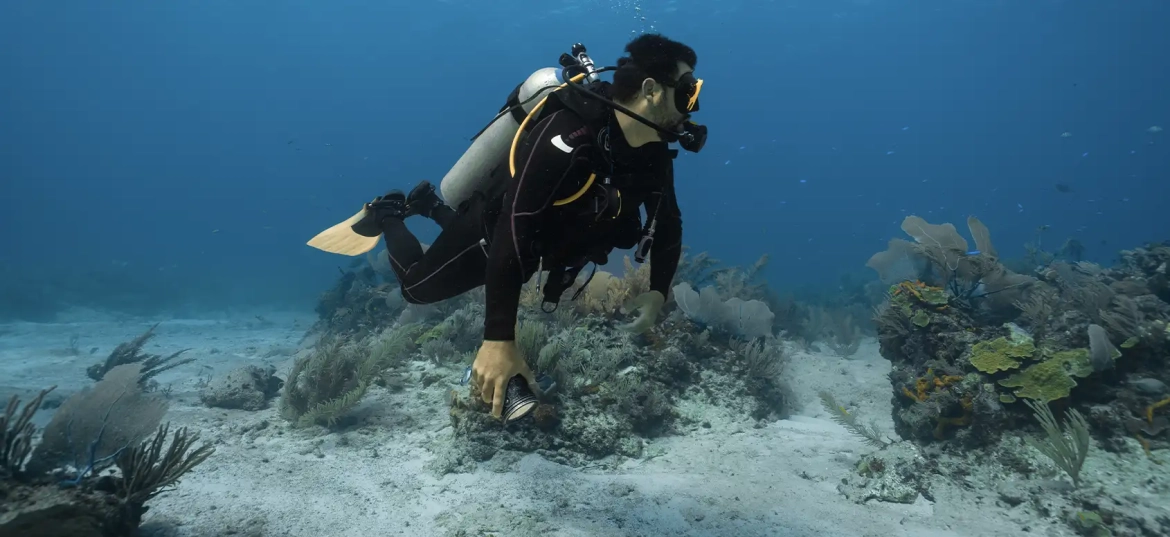
Requirements to Get Certified in Costa Rica
Take a look at some of the requirements to get certified here:
Minimum age
Be aware of the minimum age requirements, which vary depending on the certification level. For instance, the minimum age for an Open Water Diver course is 10. On the other hand, for more advanced certifications, such as the Advanced Open Water Diver course, the minimum age requirement is 12.
Health and fitness level
Diving requires good physical health and fitness. Before enrolling, ensure you can meet the physical demands, such as carrying equipment and swimming against currents. You must be able to float for 10 minutes and swim 200 meters unassisted and without stopping.
Additionally, check for any medical conditions that might affect your ability to dive, as most dive operators require a medical questionnaire or exam.
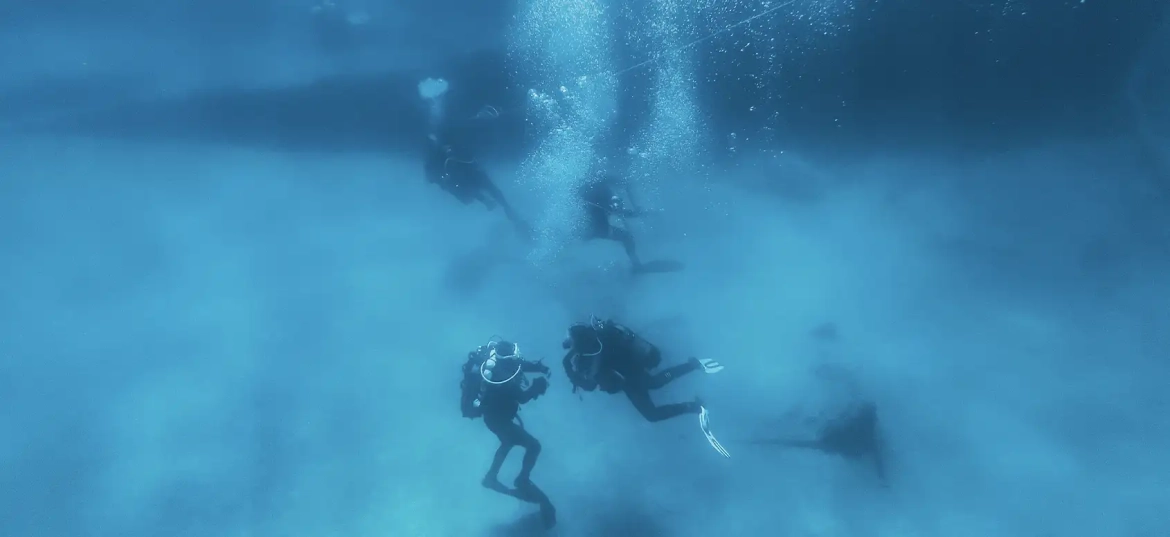
Completing the course components
Completing a diving course involves several components. These include:
Theory lessons
These lessons cover the basic principles of scuba diving. You can complete this phase through online learning or instructor-led classes. Topics include diving physics and physiology, dive equipment and maintenance, safety procedures, dive planning, and environmental considerations.
Confined waters
Confined water dives are conducted in a swimming pool or similar controlled environment to help you learn and practice basic scuba skills. Under the supervision of an instructor, you’ll become familiar with essential techniques such as equipment handling, buoyancy control, underwater communication, and emergency procedures.
Open waters
You must complete several open water dives under the supervision of a certified instructor to apply the skills you learned in theory and confined water sessions in real diving conditions.
Equipment
While dive centers usually supply scuba gear, you can bring your own equipment, including a mask, snorkel, and fins. If you do have it, present it to your instructor for inspection. They’ll ensure it meets safety standards and is suitable for diving.
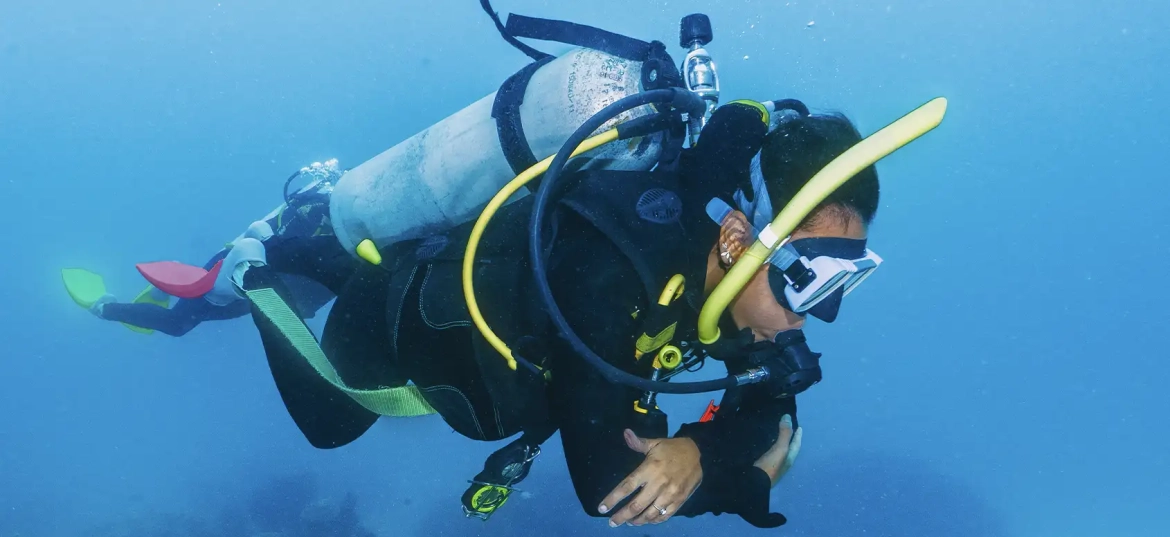
Ready to Get Scuba Certified? Start Your Adventure with Bill Beard’s Costa Rica!
Explore Costa Rica’s underwater wonders with the best certification course! At Bill Beard’s Costa Rica, we offer a certification package that ensures you’re fully prepared for the adventure ahead.
Our experienced instructors will guide you through the process, guaranteeing a safe and enjoyable learning journey. Contact our team at Bill Beard’s Costa Rica now to book your course and diving tour. Start your underwater adventure with us!
Stay connected:
- Direct: 954-453-5044
- Fax: 321-400-1404
- Toll-free: 877-853-0538
- Local number (Costa Rica): 2479-7089 (Available from 9-5 PM)
- Office hours: 8-6 CST M-F & Sat 9-5 CST
- Email: agent@billbeardcostarica.com
